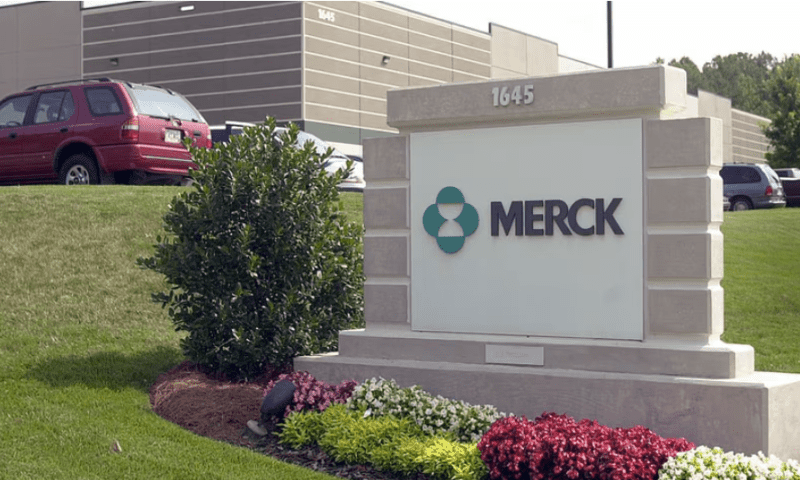The FDA has delivered a boost to Merck’s mission to provide a standard-of-care anticoagulation therapy for end-stage renal disease (ESRD) patients by slapping a fast-track tag on midphase asset MK-2060.
Merck is developing the dual factor XI/XIa inhibitor to address a gap in the anticoagulant market. While anticoagulants such as factor Xa inhibitors work well enough in lower-risk patients, there remains a need for drugs that can prevent blood clots in individuals who have higher bleeding risks. Merck has identified MK-2060 as a molecule that can meet the need and ESRD as a proving ground for the candidate.
The FDA provided external validation of the promise of the prospect Tuesday, Aug. 23, when Merck revealed the receipt of a fast-track designation for MK-2060. The tag covers the use of MK-2060 for the reduction of major thrombotic cardiovascular events in ESRD patients.
Merck’s focus on ESRD stems from the fact people on hemodialysis are at risk of both thrombotic events, such as stroke, and bleeding. The factors mean that, while ESRD patients would benefit from drugs that reduce their thrombotic risks, the use of anticoagulants in the population is limited because they raise the risk of life-threatening bleeding.
If Merck is right, targeting factor XI will deliver effective anticoagulation without significantly raising the risk of clinically meaningful bleeding. The theory is backed up by evidence from patients with inherited factor XI deficiency, who have a lower risk of thrombotic events without elevated risk of major bleeding, and knockout mouse models.
Multiple other companies have identified factor XI as the future of anticoagulation. Novartis spinout Anthos Therapeutics is leading the way with abelacimab, an antibody that, like MK-2060, inhibits XI and XIa. However, while abelacimab is more advanced than MK-2060, having moved into phase 3, Anthos is targeting cancer-associated venous thromboembolism in its pivotal program.
In the ESRD space, Merck is currently up against Bayer, which is trialing a factor XI antisense candidate in collaboration with Ionis Pharmaceuticals and an anti-XIa antibody that is in development with Aronora. Separately, Aronora has delivered phase 2 ESRD data on a wholly owned factor XI candidate AB023.
MK-2060 is one of eight new approvals that Merck’s cardiovascular team is targeting through to 2030. If the team delivers on its R&D plans, the Big Pharma company sees the potential to generate more than $10 billion in peak revenue by around the midpoint of the next decade. The ratcheting up of sales of the products in the coming years could steady Merck as it contends with the loss of exclusivity on Keytruda.

